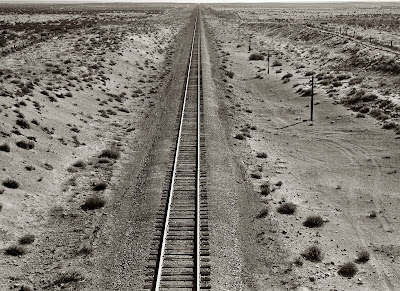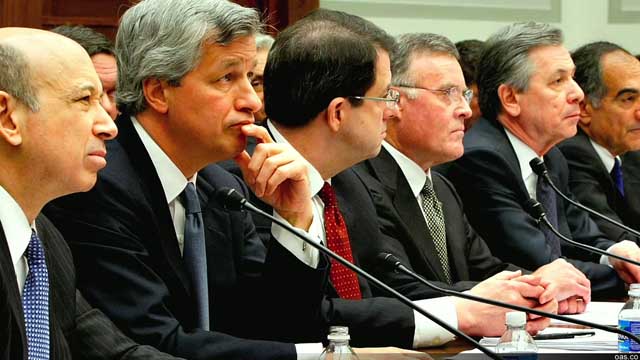Morgan Spurlock, 2004, 89m
You should see this film for reasons of health. It accentuates my feeling of revulsion towards junk food, specially the multi layer types which have to be consumed in portions that fully occupy the mouth--hardly the thing you can talk things over over. Eating, and eating together, should be a sacred act of human communion and bonding. Taste is not on the taste buds alone. But here it is reduced to a physiological exercise of stimulating and eliminating hunger using products that are essentially synthetic. This is eating for the sake of eating.
The director fed on nothing but what was available at McDonald's for thirty days, recording his own feelings as they vary between disgust, craving and fear. His medical parameters are monitored on a daily basis. The deterioration in health is even more drastic than anticipated. Among other things, the lipids and the weight shoot up. Most alarming and unexpected are the cirrhosis like signs which surface in the final days of the experiment, which could even be life threatening. Although framed in a breezy comic style, the topic is too serious to have any other effect than to set the alarm bells ringing.
Of course, arguments can be made about the drastic nature of the project, yet it is impossible to ignore the conclusions. The results may be scaled down to the extent of one's own consumption, but it is hard to challenge the authenticity. One particularly gruesome animated sequence depicts the assembly line transformation of a chicken into golden deep fried nuggets. We also have the privilege of sharing the intimacy of the operation theater where an obesity surgery is being performed as swathes of lard are removed from an opened abdomen. Over-nutrition, like other addictions, is the result of an enfeebled mind. It is hardly less frightening than images of starvation, differing mainly in being self imposed.
Roger Ebert's review
You should see this film for reasons of health. It accentuates my feeling of revulsion towards junk food, specially the multi layer types which have to be consumed in portions that fully occupy the mouth--hardly the thing you can talk things over over. Eating, and eating together, should be a sacred act of human communion and bonding. Taste is not on the taste buds alone. But here it is reduced to a physiological exercise of stimulating and eliminating hunger using products that are essentially synthetic. This is eating for the sake of eating.
The director fed on nothing but what was available at McDonald's for thirty days, recording his own feelings as they vary between disgust, craving and fear. His medical parameters are monitored on a daily basis. The deterioration in health is even more drastic than anticipated. Among other things, the lipids and the weight shoot up. Most alarming and unexpected are the cirrhosis like signs which surface in the final days of the experiment, which could even be life threatening. Although framed in a breezy comic style, the topic is too serious to have any other effect than to set the alarm bells ringing.
Of course, arguments can be made about the drastic nature of the project, yet it is impossible to ignore the conclusions. The results may be scaled down to the extent of one's own consumption, but it is hard to challenge the authenticity. One particularly gruesome animated sequence depicts the assembly line transformation of a chicken into golden deep fried nuggets. We also have the privilege of sharing the intimacy of the operation theater where an obesity surgery is being performed as swathes of lard are removed from an opened abdomen. Over-nutrition, like other addictions, is the result of an enfeebled mind. It is hardly less frightening than images of starvation, differing mainly in being self imposed.
Roger Ebert's review









